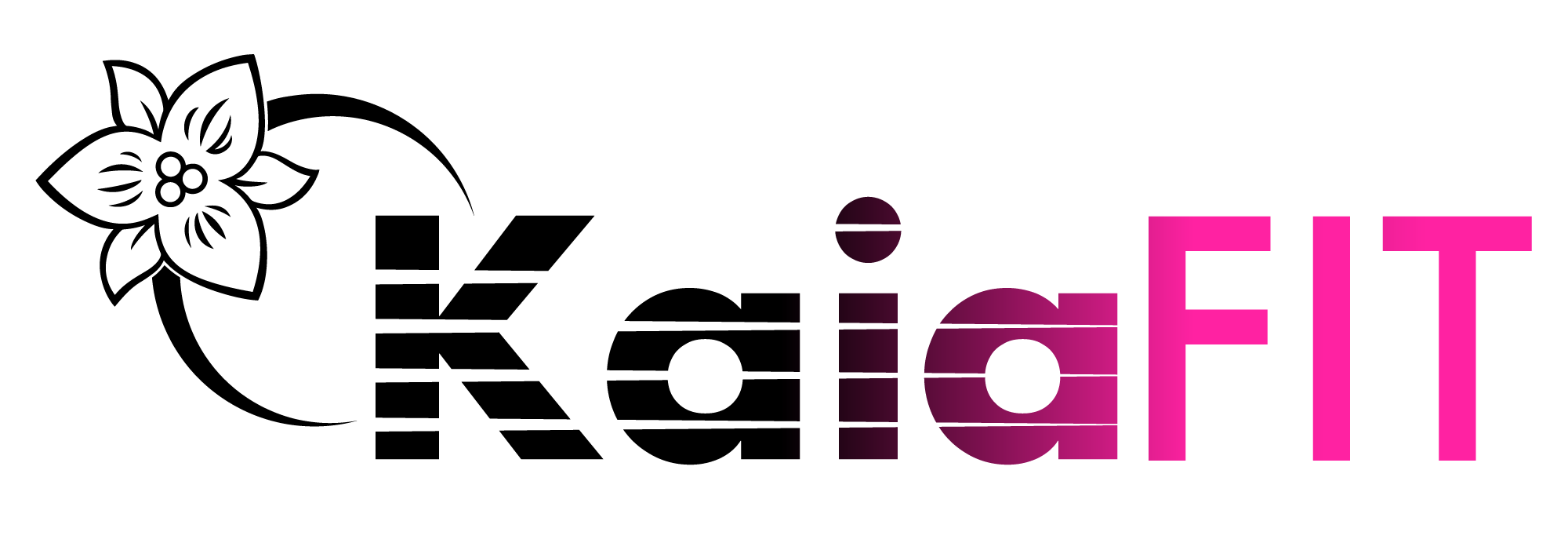Fiber is one of those unsung heroes of a healthy diet. While it might not be as flashy as protein or healthy fats, it plays a critical role in women’s health.
From promoting good digestion to supporting heart health and even assisting in weight management, fiber is a powerhouse nutrient that deserves more attention.
What is it?
Fiber is a type of carbohydrate that your body can’t digest. Unlike other carbs, which are broken down into sugar molecules, it passes through the digestive system mostly intact. This means it doesn’t spike your blood sugar and helps keep things moving smoothly.
There are two main types of fiber:
- Soluble: Dissolves in water to form a gel-like substance. It helps lower cholesterol and maintain stable blood sugar levels.
- Insoluble: Does not dissolve in water. Instead, it adds bulk to stool and aids in regular bowel movements.
Both types are important for maintaining overall health, especially for women who face unique challenges related to digestion, heart health, and weight management.
Digestion
One of the most well-known benefits of fiber is its ability to promote healthy digestion. Women often face digestive issues such as constipation, bloating, and irregular bowel movements. Fiber, particularly insoluble fiber, adds bulk to the stool, helping it pass more easily through the intestines and preventing constipation.
Soluble fiber also plays a role in digestion by slowing down the digestive process. This allows for better absorption of nutrients, which is essential for maintaining a healthy gut. A healthy digestive system means fewer issues like bloating and discomfort, as well as a lower risk of developing conditions like diverticulitis or irritable bowel syndrome (IBS), both of which are more common in women than men.
Heart health
Heart disease is the leading cause of death among women, making heart health a priority. Fiber, especially soluble fiber found in foods like oats, beans, and fruits, can help lower cholesterol levels by binding to cholesterol in the digestive system and removing it from the body before it can be absorbed. This reduces the levels of LDL (the “bad” cholesterol), which is a major contributor to heart disease.
High-fiber diets are also linked to lower blood pressure and reduced inflammation, both of which support cardiovascular health. Incorporating fiber-rich foods into your diet can help protect your heart and reduce the risk of heart disease, strokes, and hypertension.
Weight management
For women trying to manage or lose weight, fiber can be a powerful ally. One of the main benefits is that it helps you feel fuller for longer. Foods rich in fiber, like vegetables, whole grains, and legumes, are low in calories but high in volume, which means you can eat more of them without consuming too many calories.
Additionally, it slows the digestion of carbohydrates, which prevents blood sugar spikes and crashes that often lead to overeating. By keeping your blood sugar stable, it helps reduce cravings and the urge to snack between meals.
A diet rich in fiber also boosts metabolism, as the body has to work harder to process these types of foods, burning more calories in the process.
Sources of fiber for women
To reap the benefits, aim to consume about 25 grams per day, which is the recommended intake for adult women. Here are some fiber-rich foods to include in your diet:
- Fruits: Apples, pears, berries, bananas, oranges
- Vegetables: Zucchini, yellow squash, broccoli, Brussels sprouts, carrots, and leafy greens
- Whole grains: Oats, quinoa, barley, whole-wheat bread, and brown rice
- Legumes: Lentils, chickpeas, black beans, kidney beans
- Nuts and seeds: Chia seeds, flaxseeds, almonds, and sunflower seeds
Tips for adding more fiber to your nutrition
- Start your day with a bowl of oatmeal topped with berries or chia seeds.
- Swap white bread for whole-grain bread and white rice for quinoa or brown rice.
- Snack on fresh fruit, raw veggies, or a handful of almonds instead of processed snacks.
- Add beans or lentils to soups, salads, or casseroles for a fiber boost.
- Try incorporating squash, such as zucchini or spaghetti squash, into your meals to increase your fiber intake without adding many calories.
In conclusion
Fiber is essential for women’s health, supporting digestion, heart health, and weight management. By including a variety of fiber-rich foods in your diet, you can help protect your heart, maintain a healthy digestive system, and make weight management easier. Making small adjustments to your meals and snacks can lead to long-term benefits, allowing you to feel your best every day.
Embrace fiber as a key component of a balanced diet, and your body will thank you.
Kaia FIT is a women’s fitness and nutrition program that empowers women to become the best version of themselves through personalized coaching in a group environment. We prioritize community to help connect women to each other for additional support and accountability. Caren Roblin is the owner of Kaia FIT Sierra, with four studio locations in Reno-Sparks.




